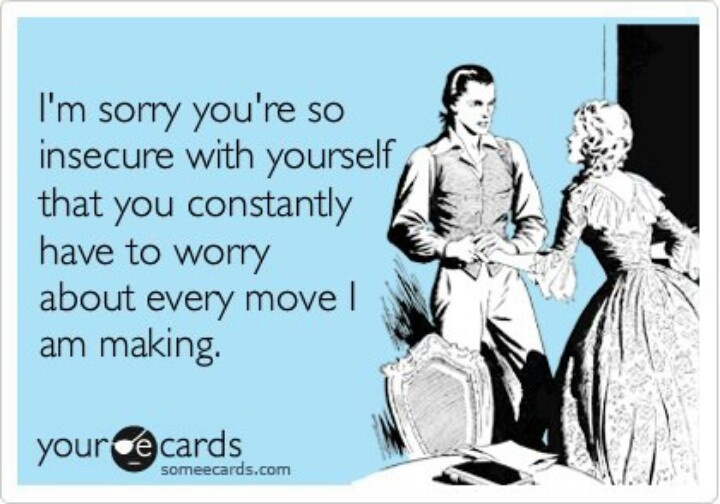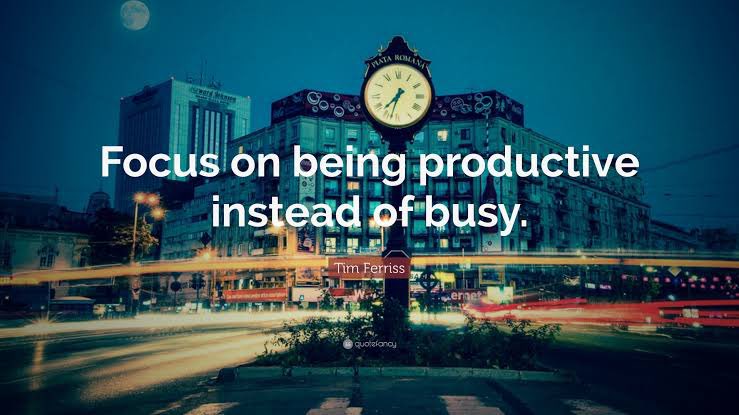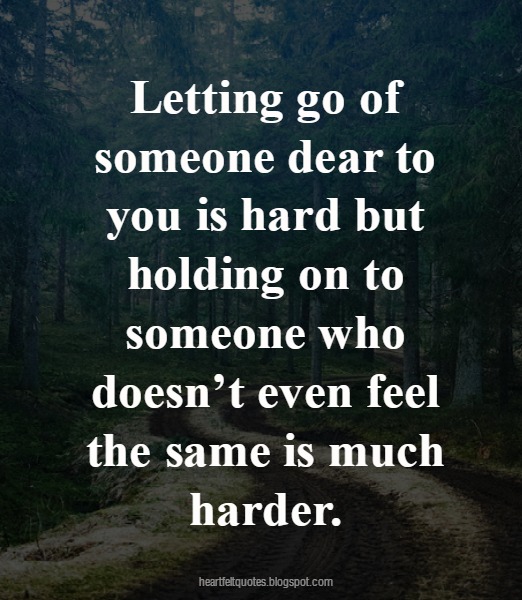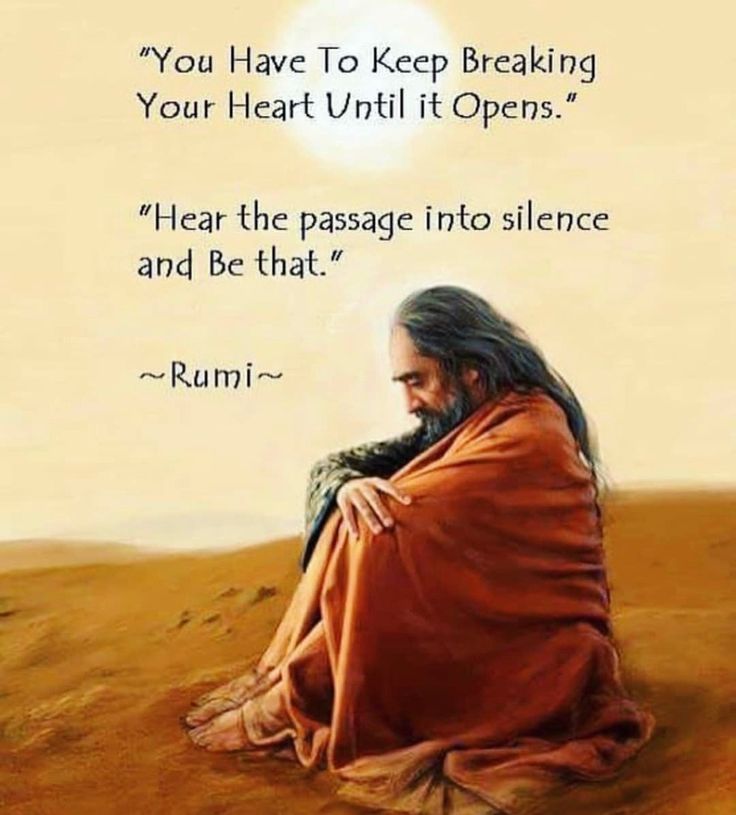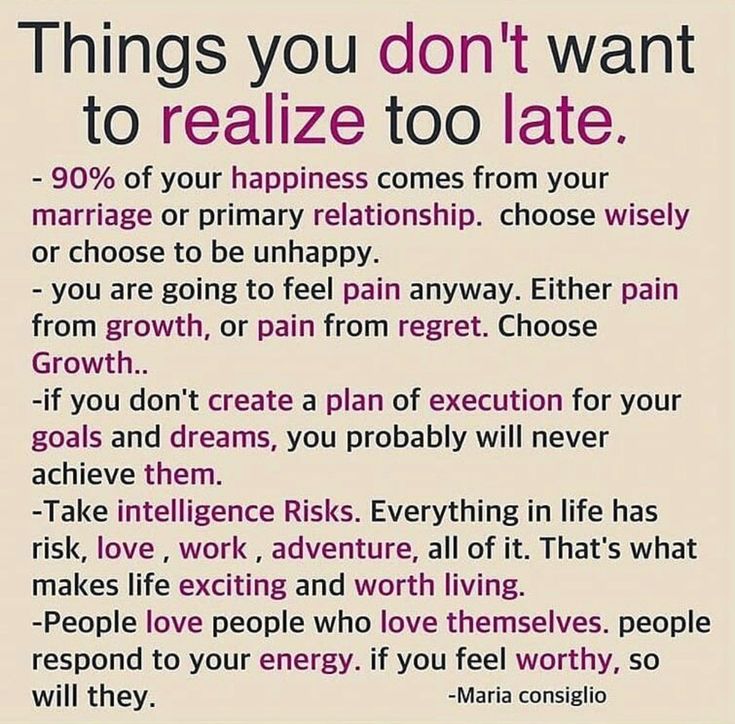Being shut out by someone you love
How to Communicate with Someone Who Shuts Down
Stonewalling during an argument may protect you from psychological overwhelm, but to your partner, it can come off as deliberate avoidance.
Feeling ignored when you’re in an emotionally charged moment can be frustrating. You’re trying to work through an issue, but suddenly someone shuts down and goes unresponsive.
This reaction is known as stonewalling. From the outside, it can feel like that person has shut down emotionally.
If you’re the one shutting down, however, you may be inwardly dysregulated.
What to do when someone you love shuts down
- take a break from, or “table” the conversation
- write down your thoughts and feelings to revisit later
- stay calm
- don’t retaliate
- don’t throw an adult temper tantrum
- do something self-soothing
- consider professional intervention
The need to “check out” when you’re being bombarded with negativity can be a natural reaction. You may be feeling frustrated yourself, or maybe you’re uncomfortable with the tension.
Without an immediate solution in sight, it can feel easier to pretend your person is invisible. You may stop responding or making eye contact. You might start excessively cleaning to signal you’re done with the conversation.
Keep in mind your shutting down doesn’t make you look good (and doesn’t help anything)
Being aware of how stonewalling is received can help you bring yourself out of it.
If you shut down during intense communication, the other person may feel rejected or devalued. It can appear like you don’t care about them or what they have to say.
They may not understand why you shut them out. It can make them angry or frustrated, and they may retaliate with their own silent treatment.
This can create a cycle of silence and hurt feelings.
Communicate calmy, clearly, and assertively
Shutting down when you’re upset — whether deliberately or as a defense mechanism — doesn’t usually solve the problem at hand.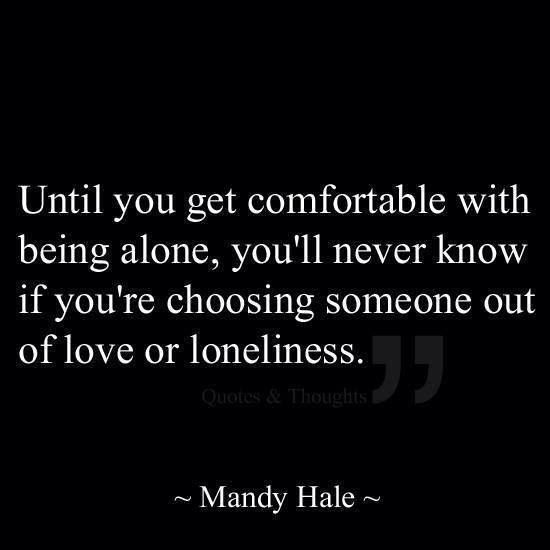
To reach any solution or compromise, most issues require communication to understand the big picture.
- Communicating calmly helps keep the energy neutral. If you go into something looking for a fight, you’ll probably find one.
- Communicating clearly can help get your points across quickly and can help prevent misunderstandings about intent.
- Communicating assertively doesn’t mean communicating aggressively. Being assertive often means approaching an argument using “I” statements instead of “you” statements.
Asserting how a situation makes you feel rather than blaming or accusing the other person can avoid putting them immediately on the defensive.
A 2009 study found that couples rated communicating anger in an assertive way as more successful than approaching anger from a place of denial or passive-aggressiveness.
Learn to self-soothe healthily
Self-soothing may help you disengage from an emotional lockdown by shifting your energy.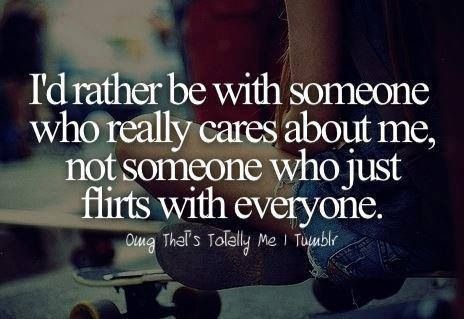
Self-soothing activities, such as reading, meditating, or exercising, can help you regain a sense of calm after an argument.
Though there are many ways to relax, options such as smoking or drinking may cause you more complications down the road.
Write down your thoughts
In the moment, it may be a challenge to get out all the things you want to say. Feeling frustrated by not being able to express yourself may make you feel there’s no point in trying.
Writing your thoughts down can help maintain the dialogue between you and your partner when you revisit the conversation later.
How to open back up after you’ve been giving the silent treatment
- “I understand what you’re saying…”
- “I feel…” or “When you … I feel…”
- “I’m sorry I said…” or “I’m sorry I didn’t…”
- “I need some time to collect my thoughts.”
- “Let’s take a break but pick another time to discuss…”
- “I’m not upset with you. I’m just feeling overwhelmed…”
When you feel like someone shuts you out, it can hurt. You may feel unwanted or unappreciated.
You may feel unwanted or unappreciated.
Understanding where stonewalling comes from can help keep negative reactions at bay and can help you identify when your partner is overwhelmed or deliberately avoiding.
Keep in mind it’s not about you
Stonewalling isn’t always your partner punishing you for a heated conversation.
For some people, shutting down emotionally is a response to feeling overstimulated. It doesn’t have anything to do with you or how they feel about you.
If your husband or partner shuts down when you cry, for example, it may be because they don’t know the best way to handle that display of emotions. It’s not that necessarily they don’t care about you or value your feelings.
Set mutual expectations
Having an agreed-upon approach to debates and arguments may help disengage stonewalling if it happens.
Allowing back-and-forth replies, having a safe space for debates, and knowing when to stop and decompress can all be fundamental rules for heated conversation.
(Re)set boundaries
Sometimes the things you say during an argument are deliberately hurtful. Setting conversation boundaries, and reaffirming them during calm times, can prevent those damaging quips that can’t be unsaid.
Let them know how their silence affects you
Most people who truly care about you don’t want you to feel hurt. Communicating to your partner that their silent treatment or emotional shut down upsets you can help them realize its impact.
What to say to someone when they are shutting you out
- “I understand you’re feeling…”
- “I’ve given you a lot to consider. I’ll give you time to digest.”
- “Let’s take a breather and come back to this another time.”
- “I’m sorry I said…” or “I’m sorry I didn’t…”
- “I’m not upset with you. I’m feeling…”
- “When you ignore me I feel…”
Now that you have more insight into why stonewalling happens, you can help prevent it in both yourself and your partner.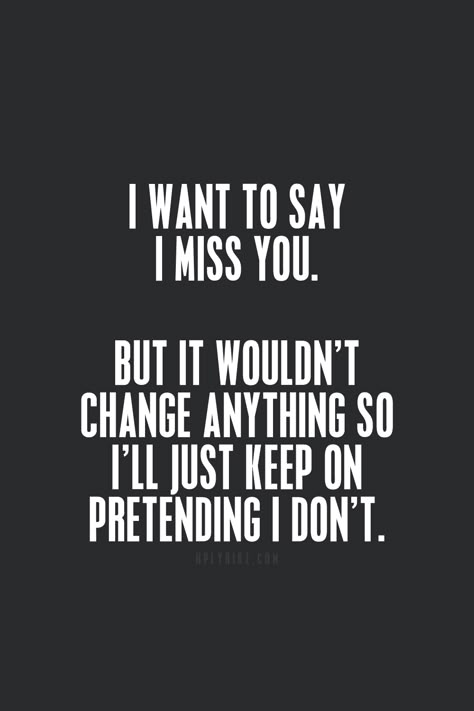
Sometimes, stonewalling becomes a form of mistreatment in a relationship. When it’s done deliberately, with the intent to punish the other person, it may require the intervention of a professional.
Resources for couples looking to find ways to overcome stonewalling include:
- The 7 best online couples therapy services in 2021
- The 9 best affordable therapy options in 2021
- The 6 best online marriage counseling services in 2021
- How to create emotional safety in a relationship: 7 tips
- What is a couples retreat and why should you plan one?
Relationship woes? Our advice columnist wants to hear from you!
Submit your anonymous questions here for Sex, Love, and All of the Above from Psych Central sex and relationships writer Morgan Mandriota. Then subscribe to our weekly newsletter to find out if your question is featured.
How to Avoid the ‘It’s Your Turn!’ Couple’s Chore Fight
Housework can put extra stress on a relationship if one person doesn’t think their partner is contributing enough.
Maintaining a clean house can be tough for anyone, especially if you’re a working parent or balancing a full-time job and a side gig. But as times are changing and households are being redefined, maybe now is the time to rethink how you and your partner divide up the chores.
The nature of housework has changed over the years.
Gone are the days of the 1940s housewife doing all the chores while the husband works at the office. Today, families and gender roles are different, as is the workforce. In fact, as of 2017, an estimated 54.4% of U.S. households were dual-income.
Technology has changed too, making housework different (and sometimes, faster).
Take the vacuum cleaner, for example. First developed in 1901 in Britain, the vacuum cleaner was a massive four-wheeled cart that needed to be pulled from house to house by a horse, and only the wealthiest London neighborhoods could afford a visit.
But over the years, vacuums would get smaller, smarter, and more intuitive. Where it may have taken an hour to vacuum your home before, you can now program a robot vacuum to clean up while you’re away.
Where it may have taken an hour to vacuum your home before, you can now program a robot vacuum to clean up while you’re away.
When it comes to dividing up the household chores, it can be tough to decide which tasks are equal to one another. This makes finding the perfect 50-50 balance almost impossible.
If you’d like to learn about a better way to split chores than the standard 50-50 approach, read this.
Sure, washing all the dirty laundry may take your partner several hours to complete off and on, but is it equal to the time that you spent elbow-deep in chemicals cleaning the bathroom floor?
When each task takes a unique amount of work and focus to complete, it can be very difficult to find an even 50-50 split, especially if one partner feels they have less time to complete tasks in a day because of their jobs.
So what do you do?
Equity over equality
Well, you could start lowering the tension by approaching the division of labor with the goal of equity, not equality.
Equity, in this case, means that balance is achieved because both partners agreed on fair adjustments based on each other’s needs and net contributions in the home as well as outside of it.
For example, if one of you is working part-time while the other is working full-time, the person working fewer hours could take on additional tasks around the house.
Or, if one partner’s day job is very strenuous and requires a lot of physical exertion, they may wish to do chores that are more related to planning, paying, and organizing than to physical labor.
This idea seems to have some support in research too. When things feel fair and your work feels valued, studies have shown that you will feel more motivated and committed to your work.
When you both have jobs
Now, all of this may work in theory, but what happens when it’s time to cook and you’ve both just wrapped up a grueling 40+ hour work week, or one parent had to travel for work and the other dealt with a house full of sick kids and a new puppy?
Allow yourself and your partner to rest if you both need it
It’s best to talk with your partner about their needs and be open to sharing your feelings with them. Maybe you both want to just sit and watch a movie and divide up the chores later. This is totally fine and will help to avoid burnout if you aren’t always pushing yourself (or pushing a resistant partner) to get up and get going. After all, the dishes have been waiting this long, what’s a few more hours?
Maybe you both want to just sit and watch a movie and divide up the chores later. This is totally fine and will help to avoid burnout if you aren’t always pushing yourself (or pushing a resistant partner) to get up and get going. After all, the dishes have been waiting this long, what’s a few more hours?
Set realistic expectations each week
It can feel incredibly defeating to aim for a target and miss it. In fact, you are more likely to lose your motivation if you frequently fall short of your own goals. Check in with your partner to make sure that your goals can be reasonably achieved each week.
There’s nothing wrong with being optimistic about how much you think you can achieve, but if you’re trying to pack 25 hours’ worth of tasks into a 24-hour day, you will be disappointed when you come up short.
When one of you is the primary homemaker
When dividing up the chores, remember that not every task is visible and not all tasks are physical.
A stay-at-home parent may spend the day driving their kids to school and back, scheduling pediatrician visits, being a comfort to their crying child, and staying on hold for an hour while calling the insurance company. No doubt these tasks are important; it would be easy to dismiss the mental load paid to them because it wasn’t physically taxing.
No doubt these tasks are important; it would be easy to dismiss the mental load paid to them because it wasn’t physically taxing.
If someone is the primary homemaker, it’s fair to have them take on the majority (not all!) of housework while the other person is away at work, but it’s important to keep in mind the emotional and mental output these jobs require.
Candid communication and considerate listening are always key for negotiating anything in a relationship. Talk with your partner about the chores you hate doing and others that you don’t mind as much.
For example, a person who is naturally introverted might find the mental and emotional load very high when calling their internet provider to negotiate a better rate. However, if their partner is more of an extrovert (and maybe enjoys being a bit argumentative), they can make the call instead. In the long run, less aggregate energy will be spent on the task and perhaps the introvert can redirect to another chore.
Everyone has different strengths and preferences when it comes to housework, and being able to divide things up on this basis can help everyone feel less drained.
If you find that your partner is pushing back on a particular chore, try to stop and ask yourself why they’re doing that.
It’s unlikely that they’re refusing to do it because they simply want to be belligerent or difficult. Maybe they feel like they do it too often or can’t do it correctly, or maybe it ties into resentment or an unresolved issue in your relationship.
As frustrating as a stalemate can be, approaching the situation with objectivity, compassion, and understanding will lead to a far better result than approaching it with force and demands.
However, if they don’t have a clear reason or feel like “they just can’t handle it right now,” it may be worth discussing their feelings, as they may be dealing with some deeper internal issues.
In this case, it’s best to consult a mental health professional, because it may be a sign of a mental health issue.
Mental health conditions that make chores difficult
Here are some conditions you may not have known can cause daily challenges at home:
- Depression can spur lapses in both hygiene and home cleanliness, and it can be exacerbated by a messy space.

- ADHD can make it difficult to clean and devote attention to tasks that aren’t captivating to the person living with it.
- Bipolar disorder episodes of mania can lead to spending sprees and the urge to start new projects or endeavors suddenly, which often go incomplete.
- Obsessive compulsive disorder (OCD), as it relates to cleanliness, may create an unattainable standard for the other partner, which could lead to conflicts.
No one knows your household’s specific needs better than you do, but here are a few chores to consider owning or alternating that you might forget about:
- cleaning the fridge and clearing out expired food
- scooping the cat litter and cleaning up after the dog
- scheduling doctor, dentist, and home repair appointments
- choosing and purchasing birthday or holiday gifts for family
- filling up the gas tank in the car
- checking that your heating and cooling systems are ready for new seasons
- taking the garbage can out to the curb on trash day (and bringing it back in!)
- washing the bedding and towels
- booking hotel and admission tickets for family vacation
- sorting through the mail, throwing out junk mail, and paying — then filing — bills
- putting the groceries away as soon as you get home
Chores are no fun, and it’s natural for you and your partner to squabble over whose turn it is to do what. But if you approach chores as a battle or something that you dread, that negative attitude will find its way into your relationship.
But if you approach chores as a battle or something that you dread, that negative attitude will find its way into your relationship.
You can practice being open about your preferences and be receptive to what your partner shares in return. The more that you can build shared task equity the more you will view your partner as a support system and less like an adversary.
Living with someone you love can be lonelier than living all alone if you... ▷ Socratify.Net
One who can be happy alone is a real person. If your happiness depends on others, then you are a slave, you are not free, you are in bondage.
About a woman (Osho) (20+)If a person betrayed someone because of you, you should not associate life with him, sooner or later he will betray you because of someone.
Antoine de Saint-Exupery (100+)
If you love a person as he is, then you love him.
Aurelius Augustine (50+)If you are trying to radically change it, then you love yourself. That's all.
The moment you think about whether you love someone, you have already ceased to love him forever.
Wind Shadow (Carlos Ruiz Zafon) (50+)
May those whom You love be the happiest.
Unknown author (1000+)
Here it is, life. Everything is always the same: one is waiting for the other, but he is not and is not. Someone always loves more than they love him. And the hour comes when you want to destroy what you love so that it no longer torments you.
Ray Bradbury (50+)
If you love someone, you need to show it daily, not just once a year.
Lock and Key (Sarah Dessen) (10+)
Love the one you live with if you cannot live with the one you love.
Konstantin Melikhan (100+)
Don't let yourself die without experiencing this miracle of sleeping with the one you love.
Remembering my sad whores (Gabriel Garcia Marquez) (8)
That you reject the one you love is not a great self-sacrifice, you just want to be miserable. But being unhappy doesn't make you better than others, it just makes you unhappy.
Doctor House (1000+)
- Show the best
- home
- ❤❤❤ Cat on a hot roof - 4 quotes
Why dark people with difficult personalities are more successful in life
- Zaraia Gorvette
- BBC Future
Image copyright Getty Images
Grouches and pessimists earn more, live longer and are happier in marriage. Columnist BBC Future tried to find out why a smile is not always the key to success in life.
On the screen he is an incredibly charming man with unruly hair. However, behind the scenes, he needs too much personal space, to put it mildly.
He hates his fame. He hates his acting profession. In conversations with friends, his ex-girlfriend Elizabeth Hurley called him none other than "Grumpelstiltskin"
Everyone knows that Hugh Grant has a bad temper and is not easy to work with. But maybe it was his gloomy nature that made him successful?
But maybe it was his gloomy nature that made him successful?
- Bhutanese happiness: think about death more often
- Become happy in three stages: the Google employee method
- How to become happier in seven days
- High IQ will not make you wise and happy
- Happiness is not in salary... And in what?
Modern society is obsessed with maintaining a positive attitude. Cultural trends have turned our lives into an endless pursuit of happiness. People buy a lot of books on the subject, attend self-improvement workshops and post a lot of inspirational quotes on the Internet.
Today, you can hire a happiness expert, learn different mental practices, or find inner fulfillment using a mobile app.
More than a million US troops are currently taking positive psychology courses, and optimism is being taught in UK schools.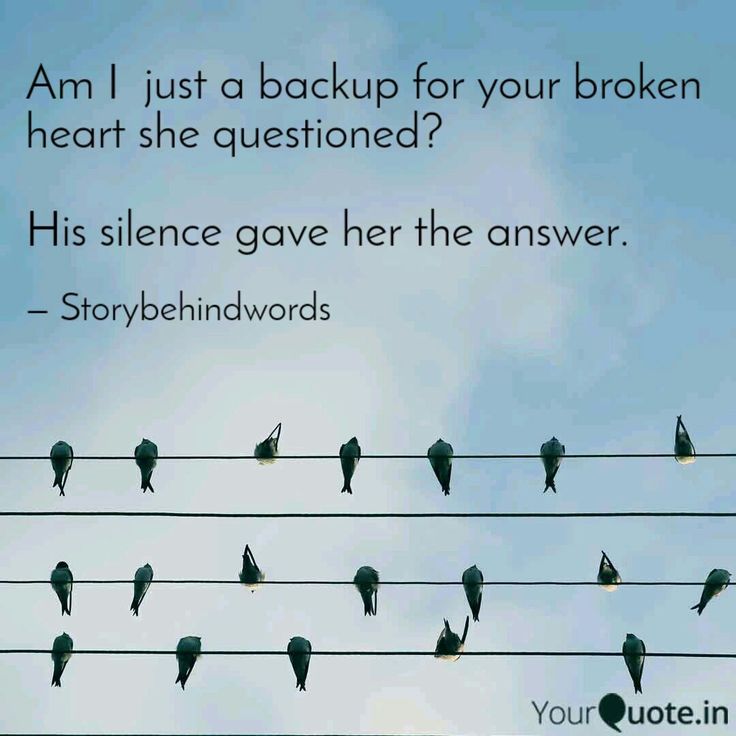
Moreover, along with GDP, the well-being of citizens is now measured by the "happiness index".
The truth is that there are clear benefits to expecting the worst. Pessimists may be more successful in negotiations and be more far-sighted in decision making. In addition, they are less likely to suffer from heart attacks.
Cynics tend to have more stable marriages, higher salaries, and longer lives - although, of course, they expect the exact opposite.
But there is a significant risk associated with a good mood: it reduces motivation, dims attention to detail and makes a person both gullible and selfish.
It is also known that optimists are more prone to alcohol abuse, overeating and unsafe sex.
So why is this happening? The fact is that all our feelings have a specific purpose.
Image copyright Rex Features
Image captionHugh Grant hates his films even though they made him $80 million
Skip the Podcast and continue reading.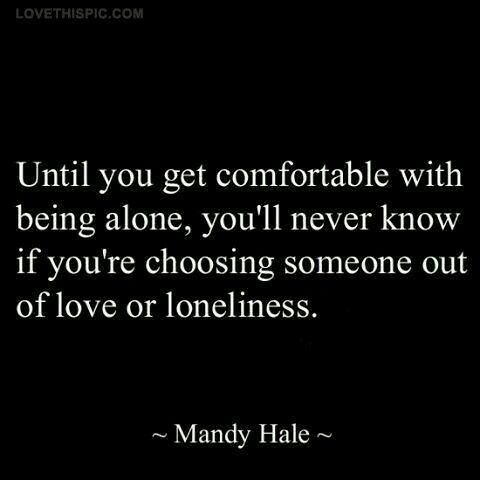
Podcast
What was that?
We quickly, simply and clearly explain what happened, why it's important and what's next.
episodes
The End of the Story Podcast
Anger, sadness and pessimism are not the product of divine cruelty or banal bad luck. These traits evolved to perform useful functions and help us survive.
Take anger, for example. So, for example, Newton was extremely touchy and vindictive, and Beethoven often made scandals, sometimes with fights.
It seems that genius is often associated with a short temper. Many examples of this can be found in Silicon Valley.
Amazon founder Jeff Bezos is known for his temper tantrums and offensive remarks like "I'm sorry, did I take my stupid pills today"? However, this did not stop him from creating a company worth 300 billion dollars.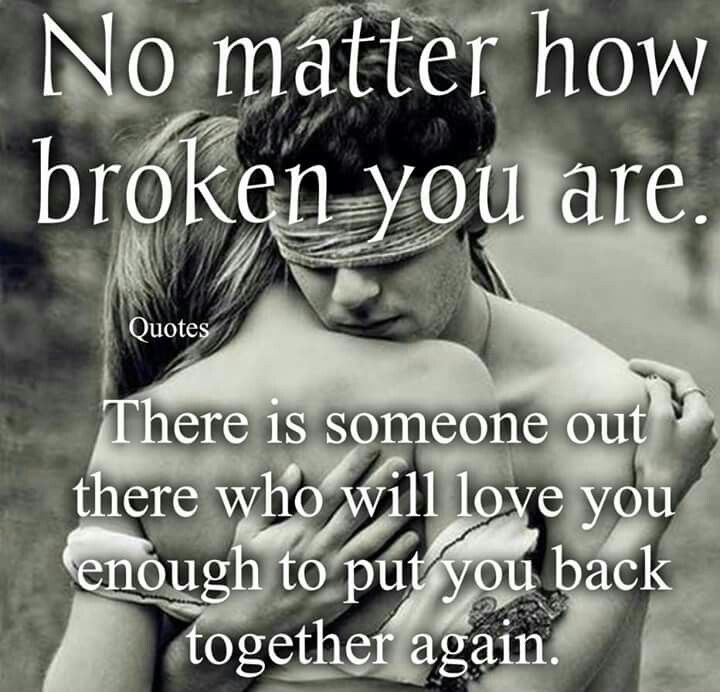
For many years this relationship remained a mystery, until in 2009 Matthijs Baas of the University of Amsterdam decided to investigate the issue.
He recruited a group of student volunteers and made it his mission to piss them off in the name of science. He asked half of them to remember something annoying and write an essay about it.
"That pissed them off a bit, although it didn't get to the point of real temper tantrums," he says. The second group was to grieve.
Both groups then took part in a game designed to test the creativity of the participants. In 16 minutes, they had to come up with as many ways as possible to improve teaching in the psychology department.
As Baath expected, the angry students had more ideas, and that was just the beginning.
The methods they proposed were also more original, and their agreement with the proposals of other participants was less than 1%.
Crucially, the angry volunteers were able to perform well in moments of "spontaneous innovation," or so-called unstructured thinking.
Imagine that you are asked to come up with several uses for a brick. A logical thinker would name ten different kinds of buildings, while a less structured approach would open up entirely new uses for bricks, such as weapons.
Image copyright, Getty Images
Image caption,Amazon CEO Jeff Bezos is famous for his trademark sayings like "If I hear this again, I'll have to commit suicide"
The essence of creativity is how easily you can change the way you think. In a critical situation, becoming a "mad genius" can even save your life.
"Anger really prepares the body to mobilize resources - it tells you that you are in a difficult situation and gives you the strength to get out of it," says Baas.
To understand how this works, we first need to understand what is going on in our brain.
Like most emotions, anger originates in the amygdala, a special area of the brain responsible for detecting a threat to a person's life.
The mechanism of its work is very effective: it raises the alarm long before the person realizes the danger.
To cause anger, the brain sends chemical signals to the body. The body is filled with adrenaline, and within a few minutes a person feels an incredible surge of energy.
His breathing and pulse quicken, and his blood pressure goes off scale. The blood rushes to the limbs and to the face, due to which it turns red, and the veins swell on the forehead. This is what an angry person looks like.
This physiological response is thought to have evolved primarily to prepare the body for physical aggression, but it has other benefits as well. For example, it increases motivation and gives determination.
Photo credit, Shizhao/Wikimedia Commons
Photo caption,Beethoven easily lost his temper and threw things at his servants
All of these physiological changes are very beneficial, but only if you have the opportunity to vent your anger , for example, fighting a lion or yelling at colleagues.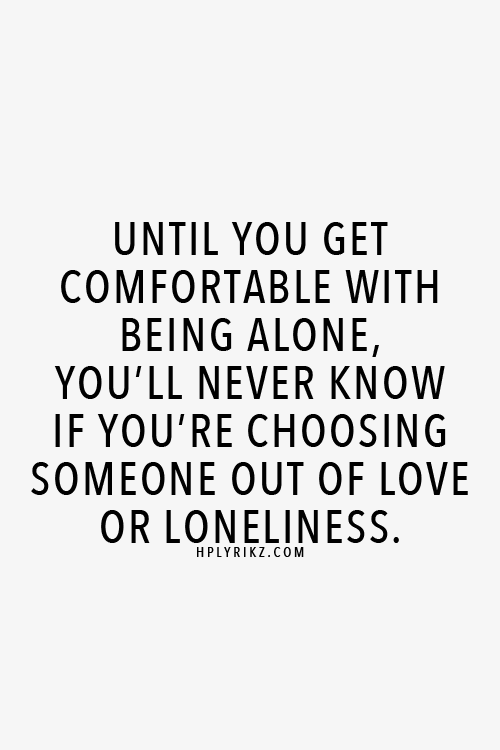
You may ruin your relationship with someone, but your blood pressure will return to normal. But if you constantly keep negative emotions in yourself, everything can be much worse.
The idea that holding back feelings can be harmful to health dates back to antiquity. The Greek philosopher Aristotle believed in catharsis (he coined the term we still use today).
He believed that watching a tragic play allows a person to experience such emotions as anger, sadness and guilt, while controlling them. Throwing these feelings out, a person can be freed from them all at once.
Later, Sigmund Freud adopted his ideas, who believed that catharsis could be achieved through psychotherapy sessions.
And in 2010, a group of scientists decided to look deeper into this issue. For their study, they recruited a group of 644 people suffering from coronary insufficiency.
In order to determine the level of anger, as well as suppressed anger and a tendency to worry, scientists followed the subjects for a period of five to ten years.
During this time, 20% of them experienced a serious heart attack, and 9% died. Initially, both anger and repressed anger seemed to increase the likelihood of a heart attack.
However, taking into account other factors, the researchers found that anger did not affect this, while suppressing it almost tripled the likelihood of acute heart failure.
The reasons for this are still unknown, but other studies have shown that suppressing anger can lead to chronic high blood pressure.
In addition, not all of the benefits of free expression are related to health. For example, they can help in negotiations.
Image copyright, Getty Images
Image caption,Notoriously irritable Bill Gates donated $28 billion to charitable causes
Aggression can be triggered when someone doesn't value your interests highly enough. In order for this person to see his mistake, it is necessary to show him that you can harm him physically, or deprive him of any advantages - favor, friendship or money.
This theory is confirmed by the expression on our face when we are angry. Research shows that it is not at all accidental, but is specifically aimed at exaggerating our physical strength in the eyes of the opponent.
Done right, aggression can help you get your way and raise your status - this way of negotiating has been known for ages.
What's more, scientists are increasingly discovering that grouchiness can have a beneficial effect on various social skills, making us more eloquent and persuasive, as well as improving memory.
"Bad mood indicates that we are in a new and difficult situation, and requires us to be more attentive, thoughtful and observant," says Joseph Forgas, a scientist who has studied the influence of emotions on human behavior for about forty years.
In addition, studies have shown that when a person is slightly upset, he perceives social cues better.
It is a curious fact that in such a mood people also tend to be more (not less) fair to others.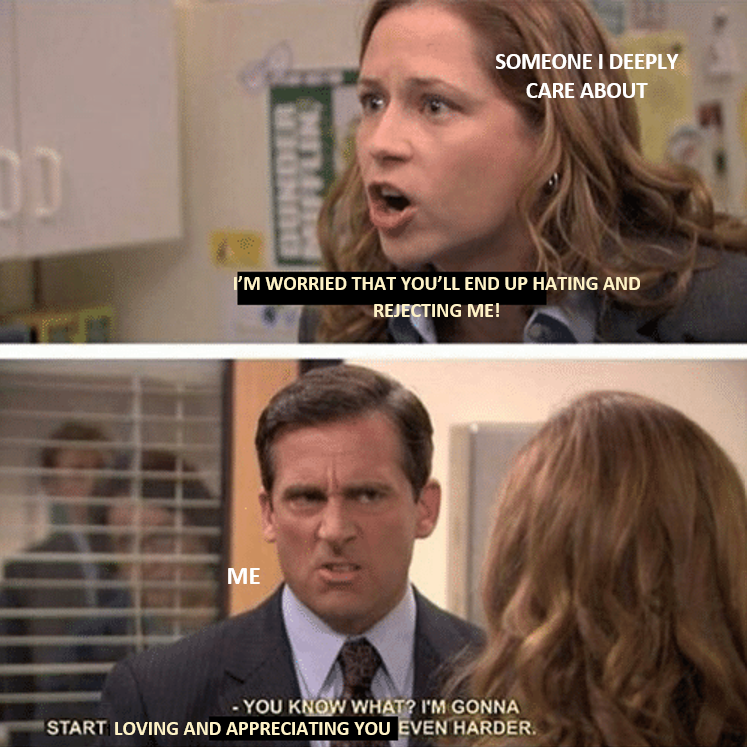
Tough but fair
Happiness is often associated with charity, but in practice this is not the case. Scientists conducted an experiment by having several volunteers feel disgust, sadness, anger, fear, happiness, surprise, or neutral emotions, and then play an ultimatum game.
According to the rules of this game, the first player is given a certain amount of money and asked how he would divide it between himself and another player. Then the second player decides whether to accept the offered amount or not.
If they come to an agreement, the money is divided as suggested by the first player. If not, none of them get anything.
This game is often used to test a sense of justice: it shows whether a person is ready to share the benefits equally or cares only about his own benefit.
An interesting fact is that all negative emotions sharpen the sense of justice and the need for equality.
However, if the rules are changed, it turns out that it is not just a matter of envy or resentment.
There is also a Dictator game with the same rules, but with one exception: nothing depends on the second participant at all, and he simply gets what the first one gives him.
It turned out that happy participants were more likely to keep a larger amount of the prize, while sad participants were much more generous.
"A slightly upset person pays more attention to social norms and expectations, and therefore treats others more fairly," says Forgas.
Image copyright, Getty Images
Image caption,Optimistic newspaper articles seem to anticipate weak economic performance in the coming weeks - and thus much bleaker headlines
In some situations, happiness comes with far greater risks. It is associated with the cuddling hormone oxytocin, which, according to many studies, negatively affects the ability to recognize threats.
In prehistoric times, happiness would have made our ancestors easy prey for predators, but in modern life it makes us underestimate the dangers of alcohol abuse, overeating and unprotected sex.
"Happiness works as a signal that we are safe and that we don't need to pay too much attention to our environment," he says.
A person blinded by happiness may miss important facts. Instead, he relies on the knowledge he already has, which can lead him to serious errors in judgment.
In one experiment, Forgas and his colleagues from the University of New South Wales (Australia) in their laboratory showed volunteers films designed to make them feel happy or sad.
They were then asked to determine how true urban myths are, such as that power lines can cause leukemia, or that the CIA was involved in the assassination of President Kennedy.
Those who were in a good mood were less skeptical and much more trusting.
Forgas then used a first-person shooter computer game to test how people in a good mood tend to believe stereotypes.
As he predicted, subjects in good spirits were more likely to shoot characters in turbans.
Among all the positive emotions, optimism about the future can have very paradoxical consequences.
Like happiness, positive fantasies about the future can demotivate a person.
"People feel accomplished, they relax and don't make enough effort to fulfill their positive fantasies and dreams," says Gabriel Oettingen of New York University.
Through many experiments, Oettingen proved that the more we dream, the less likely it is that our desires will come true.
Graduates who spend their time fantasizing about a good job tend to earn less. Patients who only think about getting better recover more slowly.
"People say: dream and your dreams will come true, but that's far from reality," she says.
Optimistic thoughts can prevent an overweight person from losing weight, and a smoker from giving up this bad habit.
Pessimism as a defense mechanism
One of the worries, according to Oettingen, is that these risks can also operate at the societal level.
Comparing articles in USA Today with economic data a week or a month after the story was published, she found that the more optimistic the newspaper's forecasts were, the worse the subsequent performance was.
She then analyzed presidential inauguration speeches and found that the most positive speeches ended up with higher unemployment and lower GDP while those who made them were in office.
Add to these disappointing conclusions the tendency of people to believe that bad things happen only to others - and we have serious reason to think about the dangers that lie in wait for us.
Perhaps we should finally take off our rose-colored glasses and stop thinking that the glass is half full.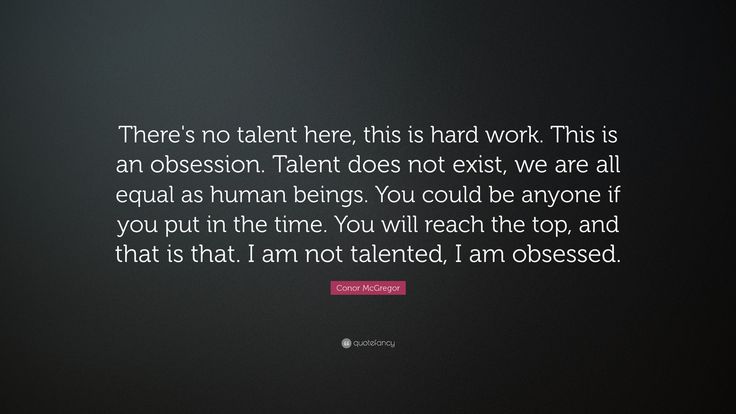
The use of pessimism as a defense mechanism is closely related to the application of Murphy's Law, which states that if something bad can happen, it will happen.
Expecting the worst, you will be ready when it happens.
It works like this. Imagine that you need to make a speech. All you have to do is think about the worst things that could happen.
For example, you may trip on your way to the stage, lose the memory card that holds your presentation, your computer may crash, you may be asked the wrong question (experienced pessimists can come up with a thousand more options).
Just make a list of them and then find a solution for each one.
Psychologist Julie Norem of Wellesley College, Massachusetts, is an expert on pessimism.
"I'm a bit clumsy, especially when I'm nervous, so I'll make sure to wear low heels if that's the case. I'll be there early to check if there are any wires or other things on stage to trip over.